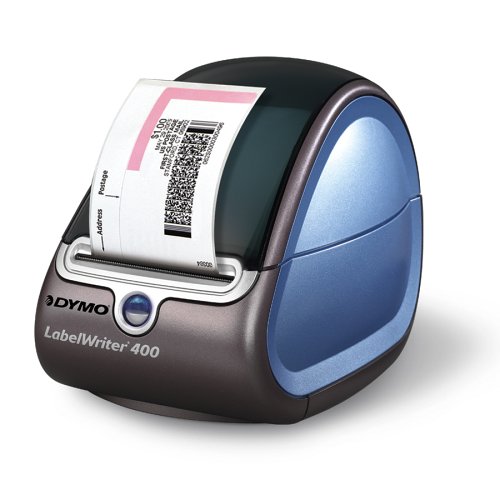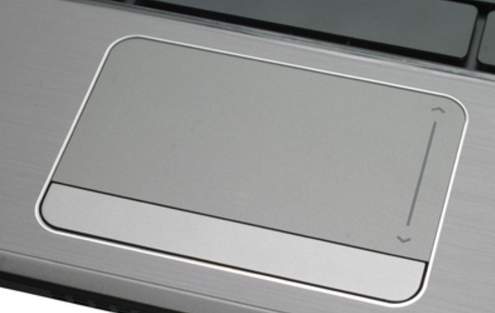Steinbeck does not explain this but has Candy explain it to George, since most of the exposition in this novella is in the form of dialogue, which will make it easy for Steinbeck to convert his. Of Mice and Men represents an experiment in form, which Steinbeck described as “a kind of playable novel, written in a novel form but so scened and set that it can be played as it stands.” A rarity in American letters, it achieved remarkable success as a novel, a Broadway play, and three acclaimed films. Speaking in a different voice for each character when reading dialogue aloud. Cognitive Complexity: Level 2: Basic Application of Skills & Concepts. Cluster 3: Integration of Knowledge and Ideas STANDARD CODE STANDARD. LAFS.2.RL.3.7 Use information gained from the illustrations and words in a print or digital. SAFE MANAGEMENT MEASURES FOR EXPANSION OF MICE 1 EVENT PILOTS IN SINGAPORE. Updated 28 December 2020. Since 1 October 2020, STB has been accepting applications for Event Organisers and Event Venues (collectively “EOs”)2 to pilot MICE events of up to 5 zones of 50 attendees (250 pax) with attendees to be divided into cohorts of 20.
| Dialogue | ||||
|---|---|---|---|---|
| Studio album by | ||||
| Released | September 1965[1] | |||
| Recorded | April 3, 1965 | |||
| Studio | Van Gelder Studio, Englewood Cliffs, NJ | |||
| Genre | Post-bop, modal jazz, avant-garde jazz | |||
| Length | 45:21 | |||
| Label | Blue Note BST 84198 | |||
| Producer | Alfred Lion | |||
| Bobby Hutcherson chronology | ||||
| ||||

| Review scores | |
|---|---|
| Source | Rating |
| AllMusic | [2] |
| The Penguin Guide to Jazz | [3] |
Dialogue is an album by jazz vibraphonist Bobby Hutcherson, released on the Blue Note label in 1965. This was Hutcherson's first LP released as bandleader (an earlier session, The Kicker, has since been issued on CD by Blue Note) following work with Eric Dolphy. The album features four Andrew Hill compositions and two Joe Chambers pieces. It has received widespread critical acclaim and is considered by most critics one of Hutcherson's greatest achievements.
Composition and recording[edit]
Written in an 8/4 Latin style, the opener, 'Catta', is the most conventional piece on the album (as drummer Chambers said in the liner notes; 'conventional?').[4] 'Idle While' is a lyrical waltz provided by Chambers. 'Les Noirs Marchent', meaning 'The Blacks are marching' is a militaristic style free song dedicated to the civil rights movement.[4] 'Dialogue' is the most free in nature, with an ominous opening phrase played by Hutcherson, before the others proceed to abandon the idea of a solo. 'Ghetto Lights' was written whilst Bobby was at Hill's house and was inspired by a tune played by Hill's wife, Laverne. As Hutcherson recounted, 'some of her tunes had a real ghetto feel'.[5] 'Jasper' was originally released on the 1968 record Spiral.
Reception[edit]
The Penguin Guide to Jazz awarded it the maximum four stars, as well as the special 'crown' accolade in the first and second editions. According to the authors: 'Dialogue stands head and shoulders above [Hutcherson's other classic Blue Note dates]. Drawing on some of the free-harmonic and -rhythmic innovations developed on Eric Dolphy's Out to Lunch (on which Hutcherson played), he began to develop a complex contrapuntal style that involved parallel melodies rather than unisons and complex rhythmic patterns which he conceived... as focal points round which the musicians operated.'[3]AllMusic's Steve Huey gave the album five stars as well writing: 'Dialogue remains Hutcherson's most adventurous, 'outside' album, and while there are more extensive showcases for his playing, this high-caliber session stands as arguably his greatest musical achievement'.
Track listing[edit]

- 'Catta' (Hill) - 7:19
- 'Idle While' (Chambers) - 6:37
- 'Les Noirs Marchant' (Hill) - 6:41
- 'Dialogue' (Chambers) - 9:59
- 'Ghetto Lights' (Hill) - 6:16
- 'Jasper' (Hill) - 8:29 Bonus track on CD reissue
Personnel[edit]
- Bobby Hutcherson – vibraphone (all), marimba (3,4).
- Sam Rivers – tenor saxophone (1,6) soprano saxophone (5), bass clarinet (4, 5, 6), flute (2,3)
- Freddie Hubbard – trumpet
- Andrew Hill – piano
- Richard Davis – double bass
- Joe Chambers – drums

References[edit]
Dialogue Mice & Touchpads Drivers Download
- ^Billboard Sept 4, 1965
- ^Huey, Steve. Dialogue at AllMusic
- ^ abRichard Cook and Brian Morton, The Penguin Guide to Jazz on CD, LP & Cassette, 1st ed. (Penguin, 1992).
- ^ abOriginal liner notes by A.B. Spellman
- ^Now Hear This! the official podcast of Blue Note Records, episode 2

Dialogue Mice & Touchpads Drivers Ed
Dialogue Mice & Touchpads Drivers




